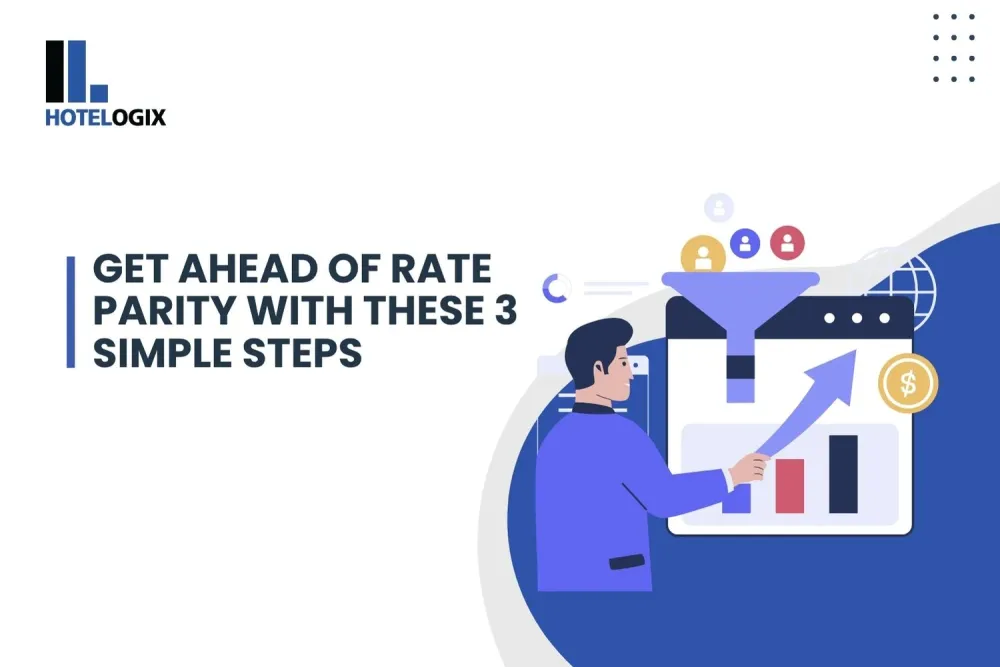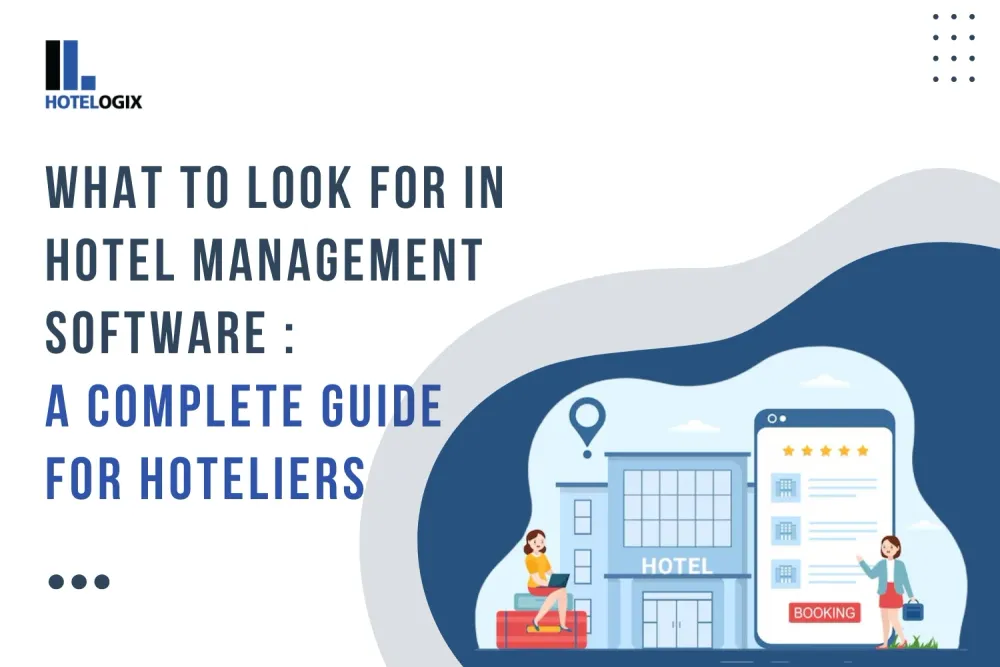When Brian Chesky went up to seven prominent investors in 2008, he was seeking $150,000 for 10% of his accommodation sharing portal, Airbnb. He didn’t get his funding, of course. The reasons were obvious to many. After all, the market for this was supposed to be small – hotels were considered by many professionals to be the undisputed choice for the majority of travelers.
Fast-forward several years on and any mention of Airbnb draws uncertainty and even trepidation from hoteliers. Not only has the company proven its biggest critics wrong, it has inspired whole new traveler trends. To be fair though, this was supplemented by a gradual shift in the traveling population itself – millennials are beginning to dominate the skies and the seas, and will soon overtake gen xers as the world’s traveling majority.
Today, with an estimated valuation of over $24 billion, Airbnb is worth more than many of the largest hotels and OTAs it’s competing with. In fact, Hilton’s CEO had to come out and reassure investors that the startup was not a ‘major threat’ to the global hospitality group.
Now that everyone’s paying attention, it’s worth tracking back a little and focusing more on the factors that enabled the company’s explosive growth.
Hotels Have More Amenities – But Is That What Guests Want?
Traveling is growing in popularity. But people are more interested in experiencing the city they visit. Hotel amenities like the pool and gym are used only by a fraction of the property’s guests and are largely unoccupied for most of the year. Indeed, millennials prefer spending money on experiences rather than possessions. And the technology available today makes it easy for them to find exactly what they want. Over 60% of millennials do some form of research before making any booking. With the variety of GPS enabled mobile apps available today, these guests are often aware of all the sights to see before arrival. They can even arrange their own transportation to take them there using apps like Uber. With digital tools like these on their way to becoming basic traveling prerequisites, traditional hotel alternatives like the concierge service end up looking like lengthier, old-school substitutes. Managers need to analyze guest spending trends and do away with additions that aren’t working. Hotel performance reports can help managers determine excessive facilities that aren’t popular with guests, giving them an opportunity to replace them with features that actually make things simpler for visitors.
Bigger Expectations Are Harder To Fulfil
A number of properties today have decided to handle the Airbnb threat by emphasizing on the predictability of a hotel experience. The only problem with this tactic is, it escalates expectations that are already sky-high. Guests want hotels to address all their needs efficiently and almost intuitively – when things don’t go as per expectations, the negative ramifications can become very unpleasant for all parties involved. Managers need to realize that unlike in room sharing properties, hotels need to ensure a flawless stay for their guests. Lowering guest expectations is not an option – leaving owners with no choice but to take measures to try and meet them. Automation of hotel operations can help lower the odds of encountering such issues to an extent, but even then there’s only so much that a housekeeper can do when facing a broken heater. Investing in a property management system enables instant communication between the various areas of the hotel, allowing managers to take proactive measures before receiving a complaint. This kind of technology is fundamental to the long-term success of any hotel today.
Airbnb Is Not Just For Leisure Travelers
It may have been the case many years back when the company was taking baby steps but Airbnb is now taking leaps and bounds in all segments of tourism, even corporate. Assuming that it’s only the leisure travelers who could possibly be enticed by low-priced accommodation is a big mistake. Airbnb has a program for corporate clients and even tied up with Concur to manage accommodation for large companies. While this may not be typical, it reinforces the fact that the portal could have a disruptive effect on hotel businesses.
Hotels do have their unique selling points, they are viewed as a ‘complete package’ of services that customers can expect but as we previously noted, the majority of guests do not utilize many of the amenities available. Besides leisure travelers, regular guests find a lot more value in Airbnb accommodation because it allows them to pay for exactly what they utilize. By putting a little more thought into how their properties can become more relevant to these guests, hotels can pull the visitors back into their rooms.
While Airbnb has seen its fair share of ridicule, it’s about time hoteliers started taking the portal seriously – for their own good. Continuing to ignore a platform that’s threatening to disrupt the very foundation of hospitality is unthinkable – by observing guest trends and paying attention to what people see in the startup, hotels can improve their own strategies.






